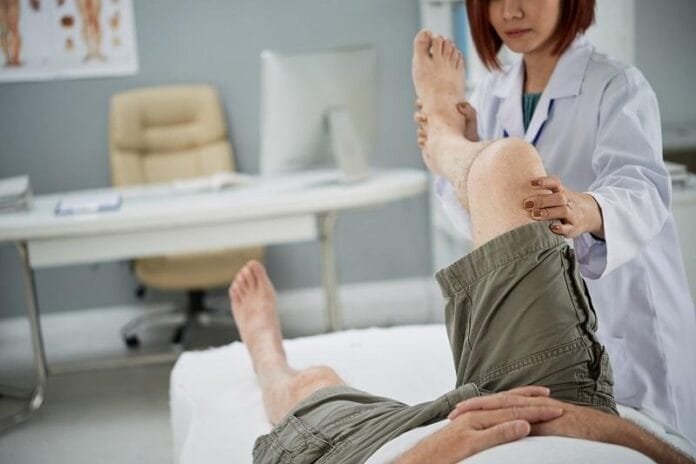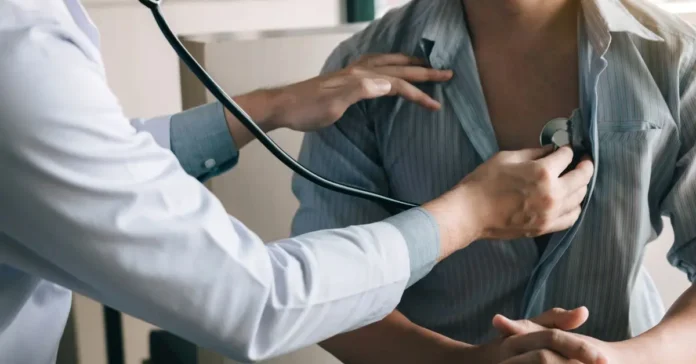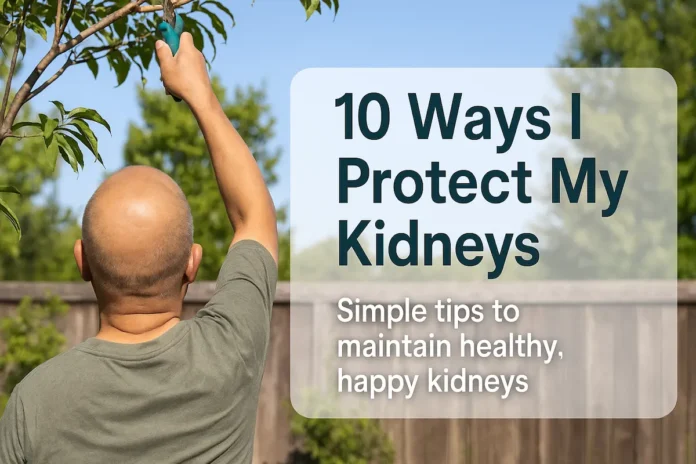Lately, there’s been a lot of talk about whether using deodorant could increase the risk of breast cancer. Many women have asked breast cancer surgeon Associate Professor Sanjay Warrier about it, wondering if certain ingredients in deodorants and antiperspirants play a role in their diagnosis. Warrier, a Sydney-based breast cancer surgeon, is a past President and current committee member of Breast Surgeons of Australia and New Zealand (BreastSurgANZ). His research on breast cancer detection and treatment has been published in peer-reviewed medical journals.
“I’ve seen a lot of chatter online about the possible link between deodorant and breast cancer. Many of my patients bring it up during their appointments, worried that their deodorant use might have contributed to their diagnosis,” said Associate Professor Warrier.
So, what’s the real deal? Let’s break it down.
What’s Inside Deodorants and Antiperspirants?
Most deodorants and antiperspirants contain:
- Aluminium-based compounds – Found in antiperspirants, these block sweat ducts to reduce perspiration.
- Parabens – Preservatives used to stop bacterial growth and extend shelf life.
- Fragrances – A mix of chemicals to add scent.
- Propellants – In spray deodorants, gases like butane or propane help disperse the product.
Are These Ingredients Dangerous?
Some studies have raised concerns about certain chemicals in deodorants and antiperspirants, but the research is far from conclusive.
“Some studies have suggested that aluminium can mimic estrogen, a hormone linked to breast cancer. However, current research has not established a definitive link between aluminium in antiperspirants and breast cancer,” said Associate Professor Warrier.
Similarly, parabens have been detected in breast tumors, but there’s no solid proof that they cause breast cancer.
“Parabens can also mimic estrogen in the body. While parabens have been detected in breast tumours, there is no conclusive evidence that they cause breast cancer. Notably, many deodorants and antiperspirants do not contain parabens,” he added.
Should You Switch to Different Products?
The uncertainty around these ingredients can cause unnecessary worry. While it’s always good to be mindful of what you put on your skin, Associate Professor Warrier advises focusing on proven risk factors for breast cancer—like genetics, age, and lifestyle choices.
“It’s important to rely on evidence-based information when making personal care choices. While some ingredients have been shown to mimic estrogen, current scientific evidence does not support a direct link between deodorant use and breast cancer,” he said.
If you’re still concerned, you can opt for deodorants labeled as free from aluminium, parabens, and other chemicals you want to avoid. Australia has strict regulations on personal care products, so it’s best to buy well-known brands from trusted retailers. Be cautious with online purchases from overseas, as those products may not meet Australian health and safety standards.
“Do your research and read the labels of products. Only purchase products that contain ingredients you are comfortable putting on your body,” Associate Professor Warrier advised.
Take Control of Your Breast Health
Rather than stressing over deodorant, focus on what really matters for breast cancer prevention: regular screenings, a healthy lifestyle, and knowing your family history. If you have concerns, always consult your doctor.
For general information on breast screening and cancer detection, consult reliable health sources or speak with a medical professional.
Looking to apply for an Australian visa or explore migration opportunities? We can connect you with a trusted Registered Migration Agent who specializes in student, skilled worker, partner, family, and visitor visas. Whether you're planning to study, work, or settle in Australia, they’ll guide you through every step of the process. Send your inquiries to themigrant.au@gmail.com, and we’ll help you get in touch with the right experts for your visa and migration needs!





